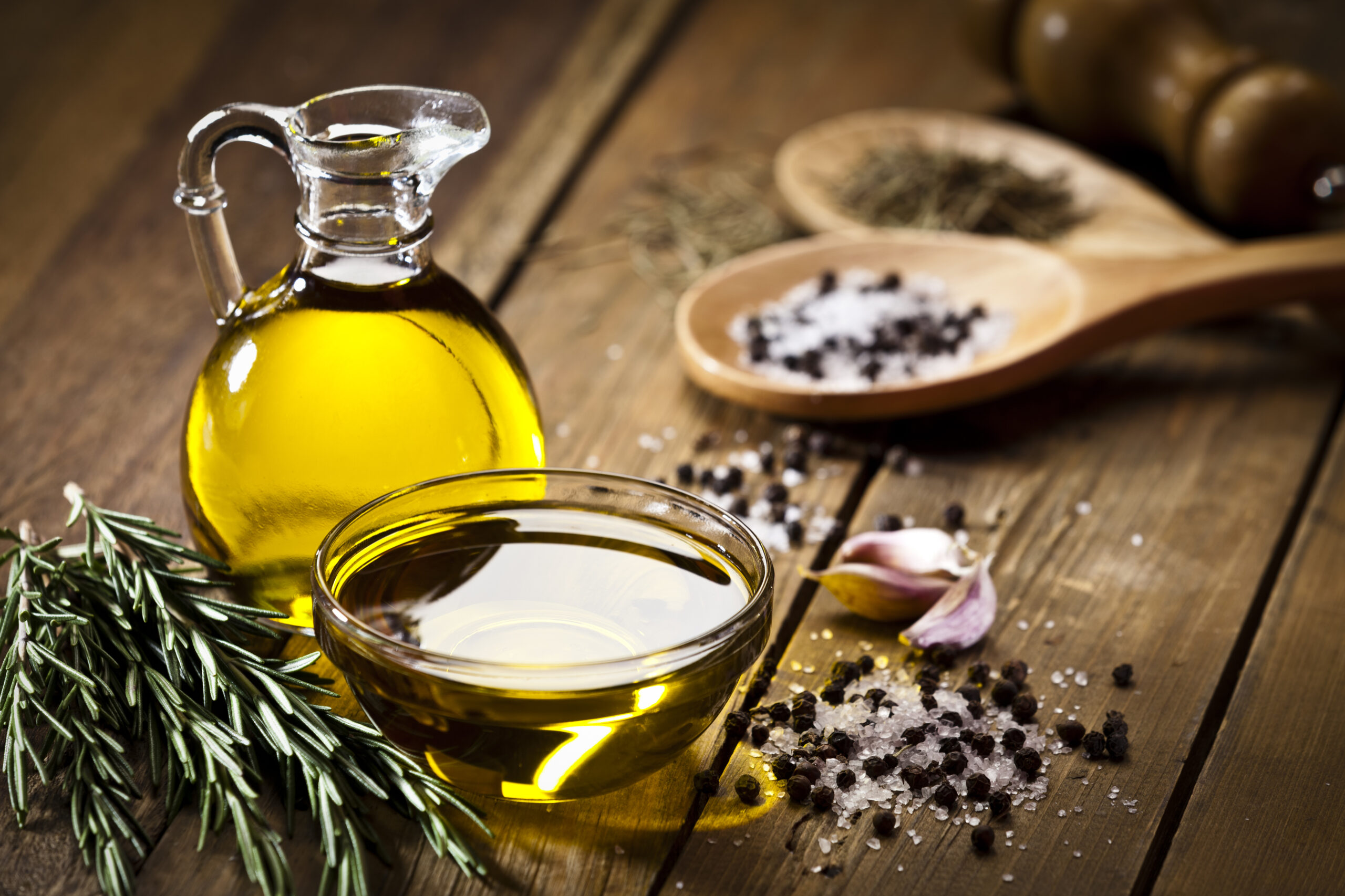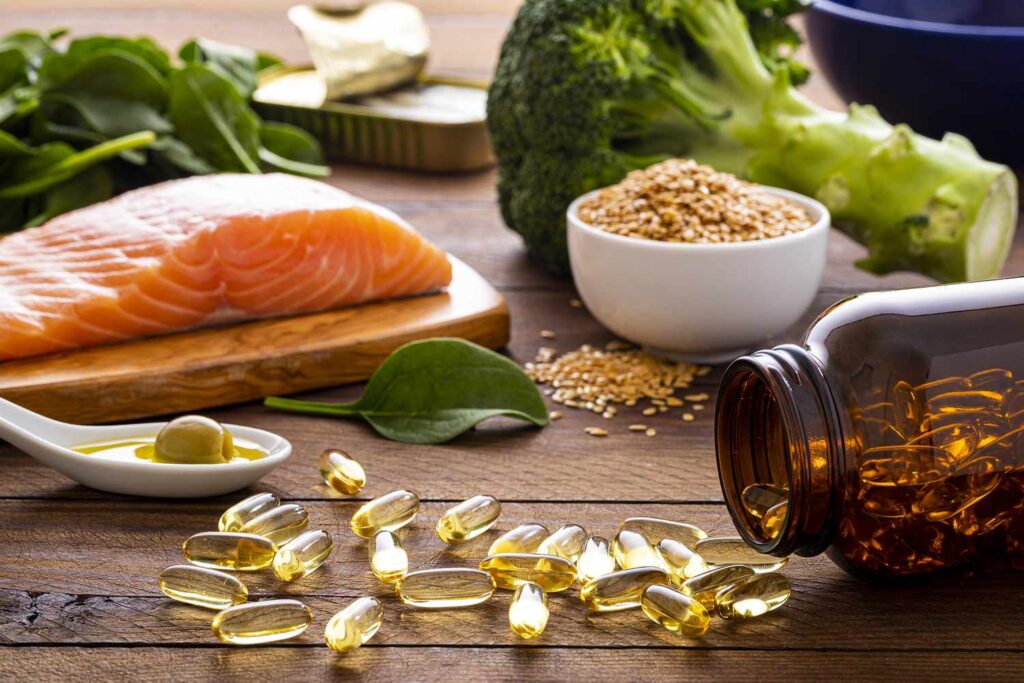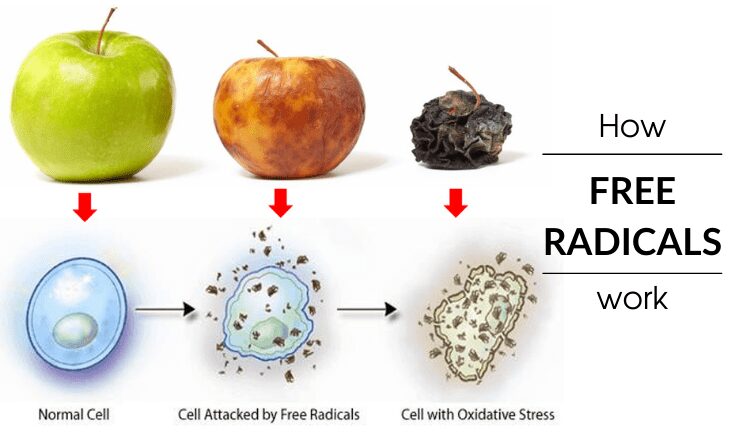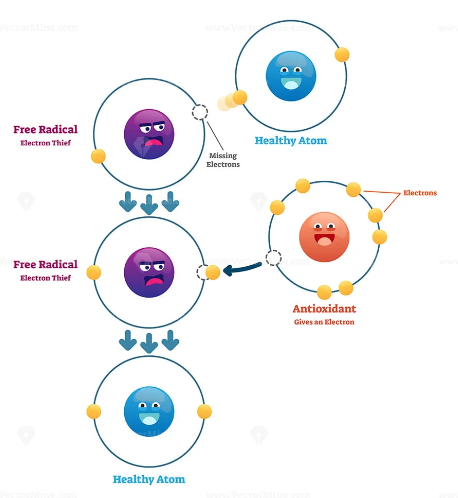
Oil Vs Butter: Unsaturated Vs Saturated Fats Which is Healthier
Oil vs Butter, many people ask themselves this time to time at the shops. Should I go for oil or butter and which is healthier.
The findings of the famous Mediterranean diet study link higher oil (virgin olive oil) consumption to a longer lifespan, but there is growing evidence about butter having an edge in some regards.
So is butter now healthy and if so, what are the health benefits of butter vs oils? We are going to demonstrate the pros and cons of both here and come up with a verdict.
Oil vs Butter: Saturated vs Unsaturated
Surprisingly butter, which has a high saturated fat content, is actually healthier for you than you may realize.
The general consensus amongst nutritionists, dietitians and other healthy eating experts is that unsaturated fats may be healthier for you. It has been like that for at many years.
There has been growing evidence that in terms of the chemical interactions of butter in cooking, that saturated fats like butter might be healthier than oils.
Butter is a lot healthier and has more health benefits than you may think. Lets start with the Chemistry.

Oil Vs Butter: Cooking Structural Strength and Cancer
Saturated fats like butter have no double bonds between their carbon backbones. This gives them structural stability. They are less susceptible to being broken down by temperature than oils are.
This is also why you find butter as a solid and oils as a liquid. Unsaturated oils are liquids at room temperature because they have a chemical structure that is easily broken down.
Proper traditional butter is really hard to spread, it is very solid, which is why margarine (usually a butter and oil blend) was invented.
The W.H.O. says ‘cancer is a leading cause of death worldwide’, particularly affecting people in the western world. A ‘1/3 of all cancer deaths being preventable by modifying key risk factors’ including diet (1).
This is why you find butter as a solid and oils as a liquid. Unsaturated oils are liquids, because they have a chemical structure that is easily broken down.
Proper traditional butter is really hard to spread, it is very solid. This is why margarine (usually a butter and oil blend) was invented.
Oils vs Butter: Free Radicals
Free radicals are able to attack the unstable oils far more easily than they can with butter. In cooking, free radicals attack the bonds between the unsaturated oils far more easily.
This is why they off or become rancid more easily and change colour. This is known as ‘oxidation’. Our ancestors used lard for cooking a very heavily saturated fat.
High energy electrons get pushed into the ‘structural ‘weakness’ in the unsaturated oils where the unsaturated bond is. These high energy electrons are bad news for your body’s tissues and DNA. Possibly leading to cancer. There is a chance that your body ‘lets one through’ and you end up with a potential cancer event.
This evidence brings the entire oils vs butter debate into contest. Yes, eating a lot of fat carries risk factors. Eating a lot of fat can and will make you unhealthy.
However, there is a good argument as to why you would go for butter vs oils to cook with and eat.
Reducing your consumption of unsaturated fats, i.e. oils, through cooking is something you should perhaps be mindful of.
Oil vs Butter: Coconut Oil
This debate has led to things like coconut oil emerging which is extremely heavy in saturated fats and is touted as the next big healthy cooking oil.
It is marketed as a healthier alternative to both butter and traditional vegetable oils. It is more resistant to oxidation and a good veggie based alternative for vegans.
Some evidence does suggest similar antioxidant levels in the blood when cooking with coconut and sunflower oils over a length period of time (2).
Oil vs Butter: Extra Virgin Oils and Oxidation
Extra virgin olive oils might be considered as a healthier oil.
These kinds of oils have been extracted from less ripe olives. There has been less oxidation from the time they are picked, turned into oil and transported to you.
They are also much more expensive and usually well tested for authenticity.

Oils vs Fats: Omega-3
Moving into the biological effects of fats on your body.
Fat has a really bad reputation within the health community. Certain fats are absolutely essential though.
Lots of people talk about the health benefits of Omega-3 oils. How are these different?
Omega-3 is an unsaturated oil or fat found in fish.
Omega-3 oils are essential fatty acids and can have effects on healthy cognitive, cardiovascular system functioning and anti-inflammatory effects.
There is also evidence to suggest Omega-3 helps with the normal cognitive development of a baby in pregnancy (3)(4).
The dose of Omega-3 matters in supplementation. This is something to check in advance. Many studies confirm when healthy adults take around 800mg DHA and 1,600mg EPA (Omega-3 oils) per day then it has potential to improve cognitive performance (5)(6).
Western diets are very deficient in Omega-3 fatty acids and many people recommend that you supplement (7).
Omega-3 is an unsaturated fatty acid and will go rancid after a while so it is important to eat fish while fresh.

Oils vs Fats: Vitamins, Antioxidants and Cholesterol
Dietary fats are particularly important in the formation of healthy membranes and contributing to healthy looking skin.
Fat is particularly important in the absorption of fat soluble vitamins including Vitamins A and D.
You need dietary fat, cholesterol and Vitamin D for the healthy production of hormones and the maintenance of healthy cell membranes.
Some hormones even help you with the management of a healthy body weight in both sexes (8)(9)(10).
Cholesterol in particular is crucial for normal hormone production, especially sex hormones.
It is only available in your diet through eating animal based products. Your body can produce cholesterol by other means in the liver.
The average person makes 80% of their total cholesterol in the liver from available building blocks (11)(12)(13).
Fat also provides a layer of protection for your vital organs and our ancestors needed it as an energy source in the colder winter months. With the invention of central heating it is clearly less important for energy production.

Oils vs Fats: What Does Eating Too Much Fat Do?
In the modern societies we have built, in addition to cancer, increasing obesity rates are a huge issue globally.
It is very common knowledge that eating high levels of fat, saturated or unsaturated, combined with a sedentary lifestyle of little exercise is going to result in obesity.
Accumulated body fat over time will also put you at risk of cardiovascular disease.
38% of deaths in the USA are attributed to cardiovascular disease. Many are considered preventable.
The jury is still out on whether saturated fats put you at higher risk of CVD than unsaturated fats. Most scientists agree that saturated fats increase your LDL (bad cholesterol) to HDL (good cholesterol) levels.
This would put you at ‘higher risk’ of CVD (14)(15).
HDL takes LDL to your liver to get broken down. This is needed as high LDL amounts cause fatty deposits in your blood vessels or ‘atherosclerosis’. This could lead to CVD.
Ways to increase your HDL levels are to eat high-fiber fruits, fatty fish that is higher in omega-3 and also whole grains (16).
There is actually a theory that exists where cholesterol acts as an antioxidant in the body.
Oils vs Fats: Wait Hang On, Is Cholesterol an Antioxidant?
This theory suggests that LDL cholesterol becomes an oxidised cholesterol with free radicals attacking LDL. HDL then has to come and fix the issue through re-stabilising the structure (17)(18)(19)(20).
This is definitely an interesting theory that needs more evidence to support it.

Conclusions
While we need all kinds of fats, for healthy cognition, skin, cell membranes and hormone production a balance and moderation are clearly very crucial.
Butter and saturated fats are less susceptible to these negative effects from free radicals, so may be healthier to cook with.
Oils and unsaturated fats, from fish and plants, are best eaten directly from the source in terms of guarding against cancer.
This is because they are susceptible to attack from cancer causing free radicals during long distance transport, sitting opened on your shelf and in the cooking process.





